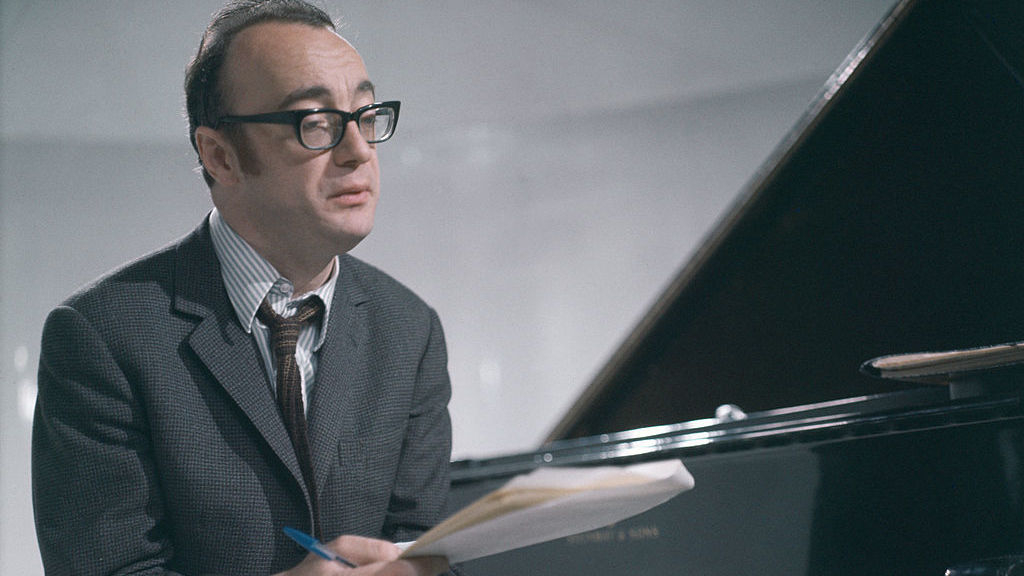Alfred Brendel, the esteemed Austrian pianist renowned for his intellectual approach to classical music, has died at the age of 94. According to a statement from his representative, Brendel passed away peacefully on Tuesday morning at his London home, surrounded by family.
Brendel was hailed by The Boston Globe as “one of the defining performers of our age,” recognized for his ability to combine sharp intelligence with musical clarity. While some contemporaries were known for their flashy performances, Brendel cultivated a devoted following through his thoughtful interpretations.
In an interview with documentary filmmaker Mark Kidel, who created a profile of him in 2000, Brendel himself remarked on the enigmatic nature of his success: “My career is atypical. I have not been a child prodigy. My parents were not musicians — there was no music in the house. I have a good memory, but not a phenomenal one. I’m not a good sight reader. I’m completely at a loss to explain why I made it!”
Critics widely commended Brendel for his cerebral and lucid playing style. However, Pulitzer Prize-winning music critic Tim Page noted that his artistry wasn’t universally appreciated. “Some people found him dry,” Page observed. “Some people found him perhaps a little bit over-scholastic. But there are others who really felt that this was a really first-class musical brain, working on some of the great music in the repertory.”
Born on January 5, 1931, in Wiesenberg, now part of the Czech Republic, Brendel had a nomadic upbringing, spending his early years in Yugoslavia and Austria as his father’s work as an architectural engineer involved various relocations. Although he received some formal training, including attendance at the conservatory in Graz, Austria, much of his expertise was self-taught. His rise to international fame began in the 1970s after a significant performance in London.
Brendel is particularly celebrated for his interpretations of classical standards. Discussing Mozart, he explained the dual challenge many pianists face: “many players shied away from the composer — either because they didn’t see his work’s complexity and found it too easy, or did see the complexity and found it too difficult.”
He highlighted the intimate nature of performing Mozart’s sonatas, stating, “When you play the sonatas, you are all alone. And there are relatively few notes that you have to play. And every single one of these notes lays bare. It is a delicate balance between poise and seemingly casual delivery, which is necessary.”
Brendel was also the first pianist to record all of Beethoven’s piano works, completing three separate cycles of the 32 sonatas. “Because I am not one of the pianists who learns a piece, plays it, and discards it,” he said, “I feel that one should keep in touch with those pieces which are really worth playing and live with them through a lifetime.”
In addition to his musical pursuits, Brendel authored numerous volumes of poetry and essays on music. Known for his dry humor, he posed provocative questions in his lectures, including one at Cambridge in 1984 titled “Does Classical Music Have to Be Entirely Serious?” His artistic interests extended to Dadaist art and a quirky collection of kitsch objects.
Just shy of his 78th birthday, Brendel retired from public performances, concluding with a concert at the prestigious Musikverein in Vienna, where he showcased a youthful yet enigmatic Mozart concerto alongside a solo work by Liszt. Despite his retirement from the stage, he remained active in writing, painting, and lecturing in the years that followed.

